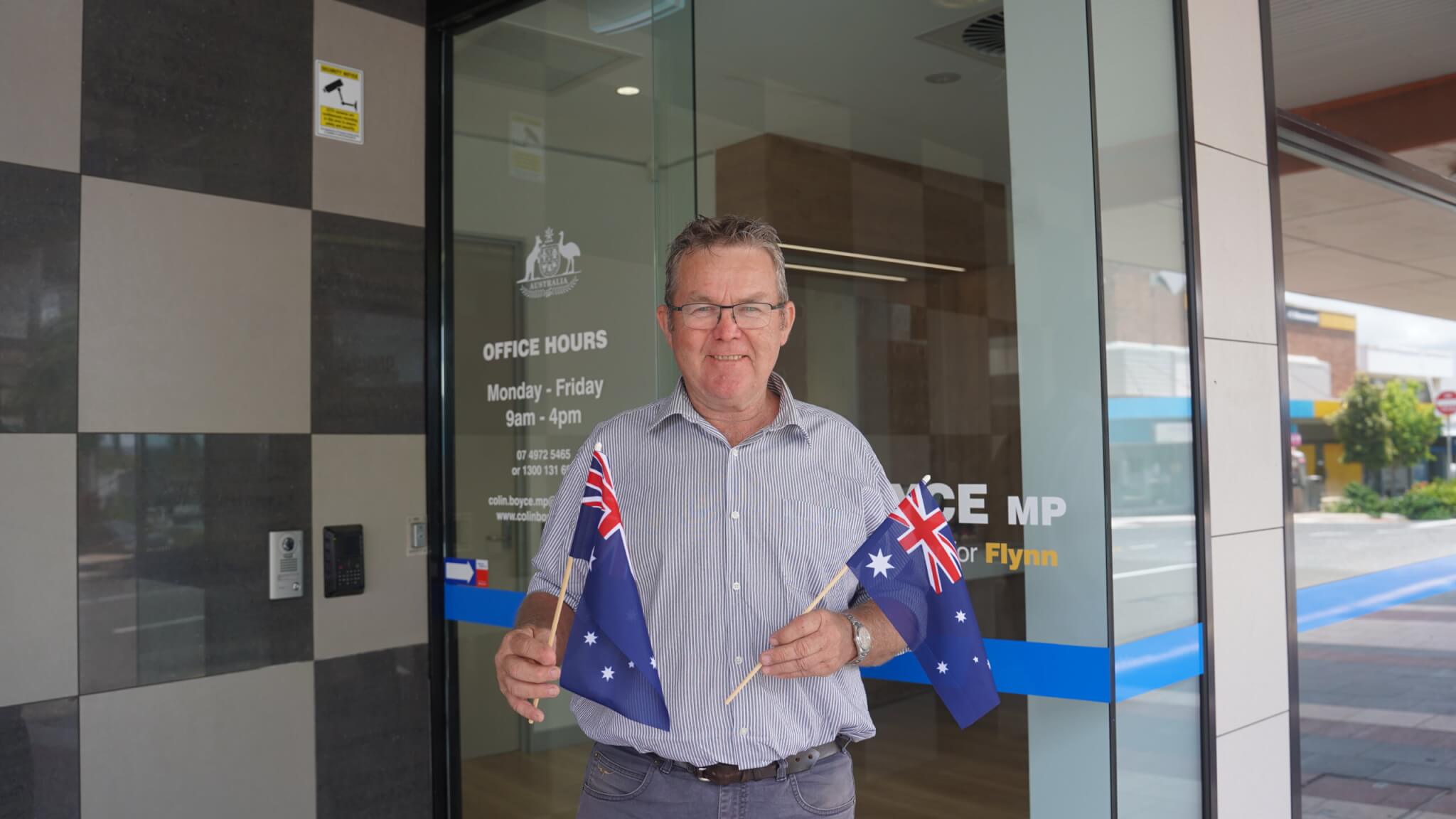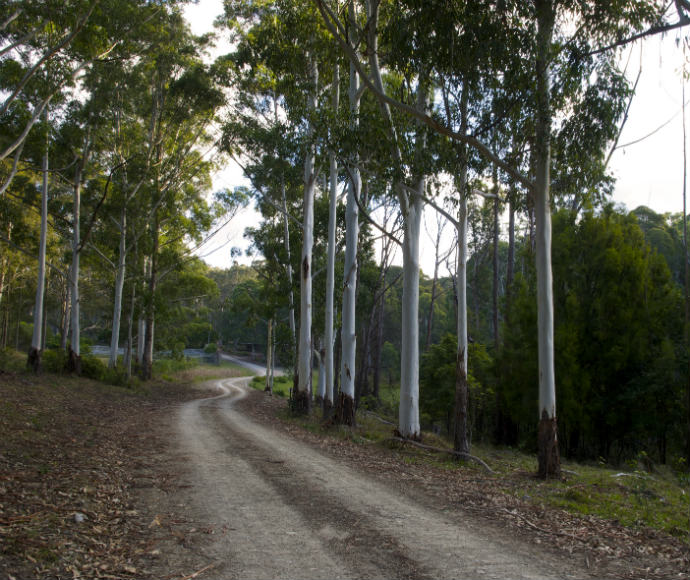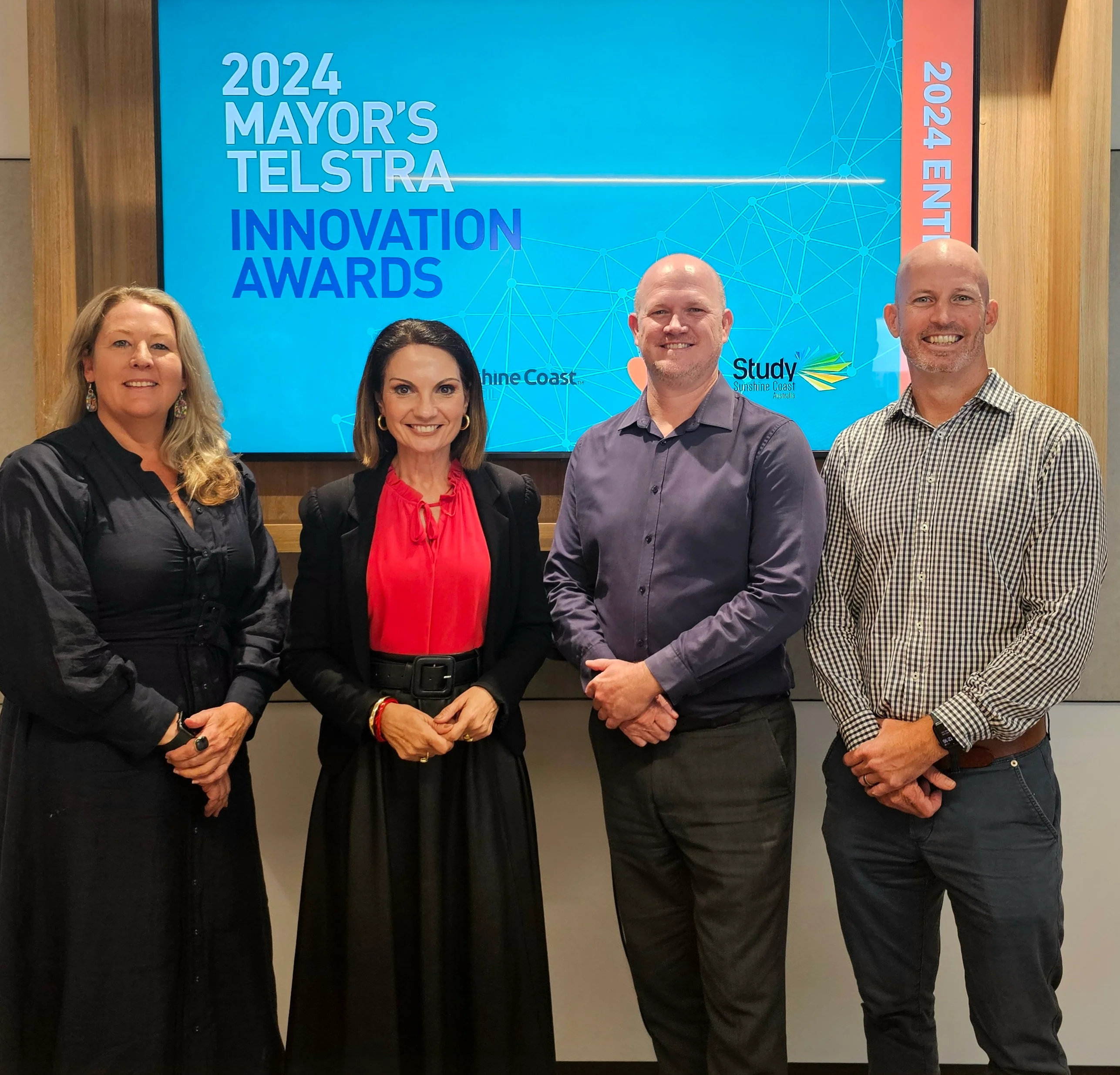Good morning, it is great to be here with you all.
I would like firstly to acknowledge our guest Jennifer Ramsey, Jennifer good morning. Jennifer is from the 1800RESPECT service, which is a national sexual assault domestic and family violence support service. She was just telling me what an incremental number of referrals and contacts they have over the last 12 months in multiple percentage points and the various reasons why that might be. But what is clear, is that violence against women is a significant issue for our society and will continue to be for some time going forward and no doubt therefore for our organisation.
Today we observe the United Nations International Day for the Elimination of Violence against Women. Worldwide, one in three women experience violence and the most prevalent to that is domestic and family violence.
Based on my conversation with Jennifer just now, I should probably acknowledge that given the size of the Department, the portfolio, there are no doubt victims of domestic and family violence in our portfolio and perpetrators. And that is a fact that we should probably acknowledge and that we have to deal with.
Regrettably, therefore a number of us have either witnessed—or we have been very close to—the effects of domestic and family violence in our personal lives and in our professional lives given the nature of the work that many of us do. And be that among friends or family of course, or clients and colleagues.
And I know a number of colleagues would remember Departmental officer Daniella D’Addario, and Daniella in 2015, was murdered by her former partner—a crime for which he was got 22 years imprisonment. Of course we mourn the loss of Daniella but also recognise the terrible toll that domestic and family violence takes on those who know and love those who are offended against.
The Government of course and the Department of Home Affairs has a number of strategies in place to deal with this issue and we have in general what we call a zero-tolerance position to gender-based violence and the National Plan to Reduce Violence Against Women and their Children guides the Department and the ABF’s work in this regard.
Furthermore, the Department and the ABF have a Domestic and Family Violence Strategy and this has four priority areas that I will just quickly outline for you. First, to create a culture—of course creating a culture is vital and is hard. To create a culture where violence against women is unacceptable in any form and we talk here about eradication and we are a long way from that let me assure you. The second, to develop a risk-based approach to address domestic and family violence; Third, to put in place systems to identify and support those who are subjected to domestic and family violence; and fourth, to collaborate with our partners across government and in the community, to deal with it at the societal level and at the community level.
We are making progress and achievements though. It is not all doom and gloom, there is a lot of work being done, and a lot of progress being made. And I am proud of the achievements we have made, for example under the strategy over the last three years. I will just call out a few of the steps we have taken and successes we have had to date.
We have established a regular Domestic and Family Violence Community of Practice. This is a whole-of-Portfolio forum that is open to all employees. In 2018, we have heard from several guest speakers at those forums and we have also established a network of 23 domestic and family violence contact officers across Australia. And these officers support staff in managing gender based violence. They volunteer their time and have organised awareness-raising events in Brisbane, Sydney, Melbourne and Adelaide.
We have provided training to nearly 700 staff across the Department and ABF in identifying and responding to domestic and family violence and we have begun to identify and record concerns about violence in our case management systems. That is important it is helping us plan for client safety and to build an evidence base, but of course we still have a lot to do, much to do.
We have begun to develop our contribution to the Australian Government’s Fourth Action Plan to Reduce Violence Against Women and Children and that will commence in June 2019. And our Portfolio contribution to that plan will progress each of the four priorities under our own strategy.
As I said, we all have a responsibility to create a culture where not just violence but harassment and discrimination against women and against others in our workplace is firstly able to be called out and then of course eradication is the vision, where we want to land. Because at the moment in the Border Force, I would have to acknowledge we have discovered through our Culture and Behaviour Taskforce workshops we have been conducting across the country, that women in our organisation who are some on them suffering from harassment and discrimination do not feel able to speak up because of the perceived consequences of doing so in our organisation.
So we have a lot to do still, having said that, I want to take this opportunity to make it abundantly clear that sexual harassment and harmful behaviour against women or anyone—within the ABF or anywhere in Home Affairs Portfolio—is unacceptable and all leaders not just Senior Executive leaders and Commissioners, but all leaders in our organisation have a duty to call it out and deal with it when they come across it. To be more vocal and to make a stand.
I think that movements like ‘Me Too’ have done a remarkable thing in terms of highlighting the issue, this issue of violence, harassment and discrimination across our workplaces, not just in one sector. Whether it is in politics, whether it is in education, whether it is in medicine, entertainment industry, military, policing—none of us are immune. We have to assume that we are not immune and we have a lot to do as leaders.
My senior leadership team in the ABF and myself, we have travelled extensively engaging with our staff and officers talking about these issues. We have shared expectations I think, I think we are all on the same page in terms of what we want as an organisation, the kind of organisation we want to create, that is inclusive and respectful with a zero tolerance for unacceptable behaviours and where there is an ability for people to report with confidence. I think we have to still talk about how we create those safe places in our organisation where people are willing to speak up.
The ABF’s Realising Our Full Potential strategy articulates our signature values and behaviours and everybody from me all the way down from the recruit coming in the door, we all have to live by those signature values and behaviours and we have to hold ourselves accountable for them.
My deputies and I have signed a Statement of Commitment very recently only two or three weeks ago which articulates our dedication to model and champion our values and behaviours in the workplace. One thing we all know as leaders is that it is a life long journey. We all have personality traits and things that we have to deal with that you sometimes fall back into your personality type and we have to be vigilant and alert to our behaviours in the workplace.
Of course, as I have mentioned we have set up an ABF Culture and Behaviour Taskforce and they have done monumental work in terms of getting across the country workshopping with our people on some of these issues we are talking about today. Managing diversity of course is important in terms of calling out violence against women and creating that culture I am talking about. We have in the ABF many of you are aware we have a very different demographic in our senior executive team in the ABF today than we what we did three years ago. We have taken some great steps but there is still much more to do.
Of course, individually—whether we are an ABF officer or Home Affairs employee—we all have a role to play to eliminate violence against women. Here’s a few things that perhaps we can all do.
We can all help to identify firstly those at risk whether they are colleagues or clients. Evidence shows that pregnant women, young women, women separating from their partners, women with disability and women experiencing financial hardship are all at increased risk of violence.
We can provide support to our colleagues affected by domestic and family violence. That may be simply in providing a listening ear; or giving them the courage to report violent acts.
For those of you working in client-facing roles both in the ABF and the Department—there are a lot of you—such as in citizenship or visa decision-making for example—the integrity of your decision-making matters a lot. You must always act in the best interest of the community of course. And that means keeping an eye out for evidence which constitutes violence against women and acting upon it, or against children for that matter.
For those working at our borders of course, this can mean having an awareness for example of the trafficking and forced marriage of women and girls, people traveling to and from Australia. Also we know, of course unfortunately that some infants and girls are travelling across our borders for the purposes of being inflicted upon them, genital mutilation. So we have to continue to guide our officers to us their intuition, to be curious, to ask questions, to use intelligence and to leverage profiles in order to understand who to interact with at the border and how.
Working in the Home Affairs Portfolio of course, we are often the first and sometimes only point of contact many of our clients will have with Australian Government and their awareness of their protections under Australian law can be very limited at times and we all need to ensure that we hear and act on requests for help. Helping vulnerable people is a core duty of an ABF officer and of our department and whether this be through our client service centres, ministerial correspondence, or in an airport it does not matter.
If I can leave you with just two messages today, it’s the following. If you see someone that you think is potentially a victim of domestic and family violence, do not be afraid to approach them and gently enquire. We have to look after our mates in the workplace. This may provide a victim with the confidence and the opportunity to just to open up if nothing else. Secondly, if you are a victim of domestic and family violence, please try and find the confidence and the courage to speak up and reach out. You will find I think many people around you who want to help and many that actually can help.








